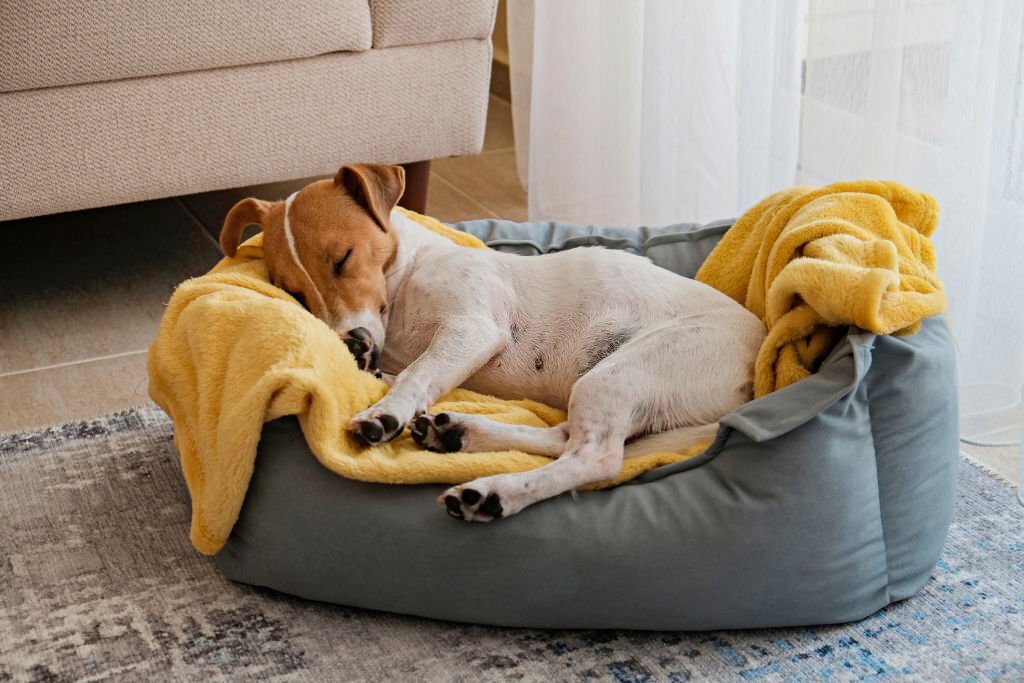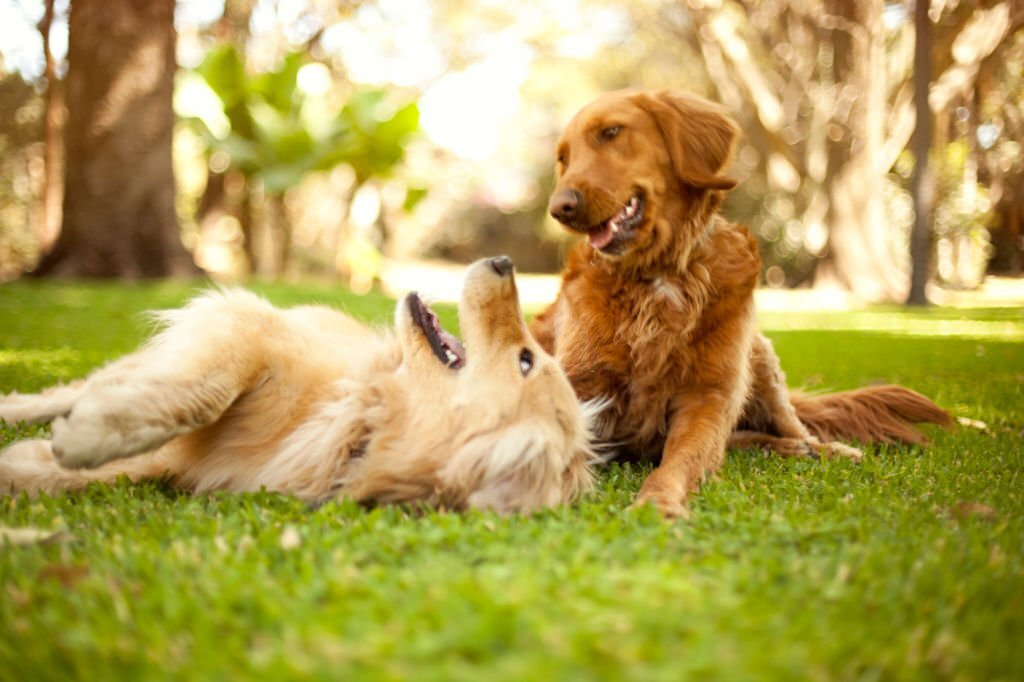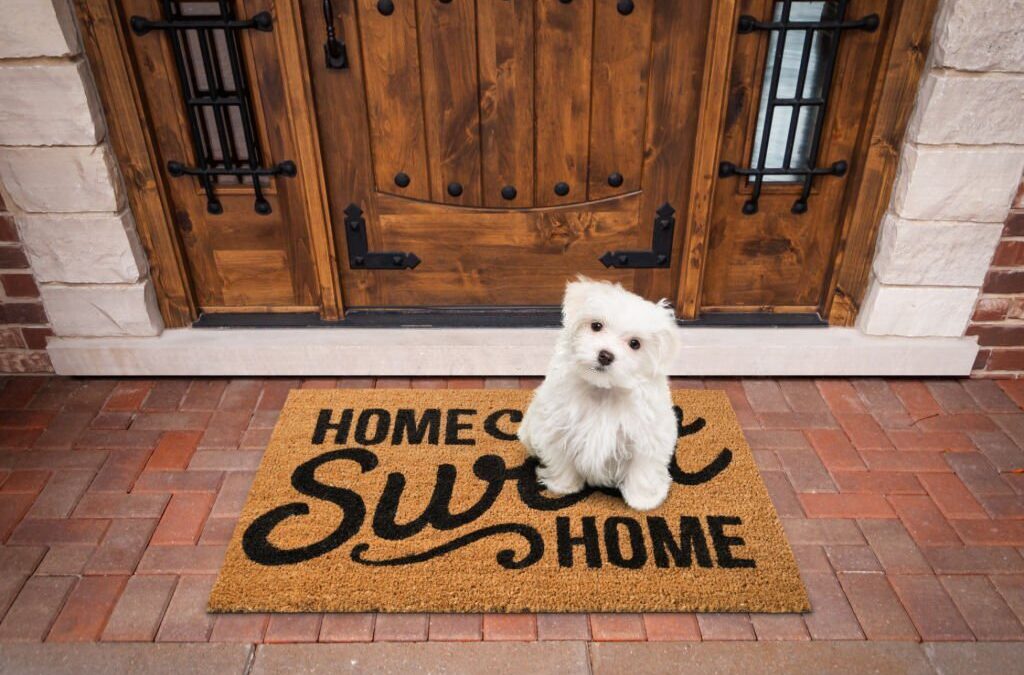Last month we spoke about bringing a kitten home for the first time, so we decided to create a two-part series and include puppies into the mix. According to the RSPCA, dogs are the most popular household pet in Australia, followed by cats – so if you’re keen to join the 48% of our country’s pooch-owning population, read on!
Bringing a new puppy home is an exciting experience, but without proper preparation you have a high chance of inviting a little ball of chaos in. Just like humans, puppies are not all the same and will all react differently to their new home – so we’ve put together some tips that can help you make their transition (and yours!) a smooth and comfortable one.
We highly recommend registering with your vet before bringing your puppy home. You will also be able to discuss all things, including vaccinations, microchipping, neutering, fleas and worms and well, pretty much any question you have, with us!
Puppy preparation and proofing:
The first step of preparing your house for your puppy’s arrival is to allocate an area of the house where your pet will sleep. We recommend keeping your new puppy in a small and safe area of the house – or a play pen to help adjust, stay safe, and have immediate access to their water, bed, and toys. After all you wouldn’t drop your toddler in the middle of the shopping complex and hope they will figure their way around.

From there we recommend allocating areas for food and toilet breaks (outside or on a dedicated mat inside – check out Yard-in-a-box for this!).
Puppy-proofing includes removing anything that could be a nuisance to you – or dangerous to your new pet.
The RSPCA recommends ticking off everything on this list:
- Secure garbage bins in the home for human-only access
- Secure poisonous cleaning supplies away from puppy access
- Remove access to chewable household items such as power cords, socks, jocks and shoes
- Research whether any of your household plants are poisonous to dogs – such as sago palms, tulips, english ivy and yew to name a few, – Google lens is great for this
- Ensure that your puppy can’t escape
- Locate and remove access to anything else poisonous to chew such as loose batteries or those that are easily accessible ie your TV remote
Supplies checklist:
Try to grab everything you need for your puppy before you bring your new pet home. Take a look at this basic checklist we’ve made to make sure you have all the essentials:
- Puppy food (in the beginning try to keep it the same as the breeder has been using, to reduce the risk of tummy upsets)
- Puppy-friendly treats
- Food and water bowls
- Bed and blankets (avoid ones containing fluffy stuffing that can be easily damaged)
- Crate
- Puppy toys! (again skip ones stuffed with fluff)
- Flea and worming treatments – we can help determine which ones are right for your puppy)
- Puppy shampoo – keep it natural and look out for harsh ingredients.
- Nail clippers
- Car restraint including a registered car restraint harness or an in-care crate.
- Collar and lead – just a low cost ones to begin with as they will grow out of it fairly quickly,

Please don’t hesitate to reach out to us for advice on what to get for your new puppy, we understand that there are many options for things such as food and treats and it can get terribly confusing.
Bringing your puppy home:
To avoid overwhelming your puppy – and yourselves, we recommend taking your puppy to their allocated area in the house to adjust. Try to bring some unwashed bedding from their previous home as the smell of their littermates and familiar environment will help them keep comfortable during their adjustment.
When it’s time to introduce your new puppy to the rest of the house, put them on a loose leash and guide them throughout the home. Depending on your puppy’s individual personality, they may be timid or highly energetic and curious.
When you have other pets at home:
Whether you have another dog or a cat at home, it’s important to introduce your new puppy under strict supervision.
If you have another dog at home:
Dogs are pack animals and make take some adjusting to settle in on their own. Every dog is different and older dogs will have differing levels of tolerance. Take your older dog on a walk while your new puppy is introduced to the home. This will help your new pup get used to the new smells without the added stress of another dog present.
If possible, try to introduce your leashed pets on neutral ground such as outside the home to reduce the risk of instances of conflict over territory. Once they settle, bring them closer so that they can smell each other, watching for negative behaviour.

If you have a cat at home:
Keep your cat in a comfortable room with their bedding, food, water, and litter while your new puppy explores the house. Afterwards, secure your puppy in their allocated space with a treat and let your cat out to explore the house with the new puppy’s scent. Repeat this for the next few days. When you are ready to introduce your two pets, do so while your puppy is leashed. This will let your cat approach on their terms to help avoid conflict. It will take time before your two pets will feel comfortable around each other, so be patient. Please ensure your cats nails have been trimmed and some silicon nail caps on your cat during this adjustment period can save eyeballs!
First night:
Puppies need approximately 15 to 20 hours of sleep a day, so it is perfectly natural for them to take naps during the day. When it’s bedtime, take your puppy out for a toilet break then back to their allocated space or crate and let them settle down. It’s normal for puppies to cry during this time – the lights are out, and their new owner is nowhere to be seen! Don’t leave them to become too stressed as this can set up a fear or phobia situation. Instead get up, reassure, check they don’t need another toilet break and settle them back into bed. Puppies tend to wake up during the night for a toilet break until about 16 weeks of age, respond quickly to when they cry during the night or try setting an alarm – this will prevent accidents and midnight cleaning.
Contact us:
If you have any concerns or further questions about your pet, please book in for a consultation either online or by calling our awesome reception team on 9369-1822.

